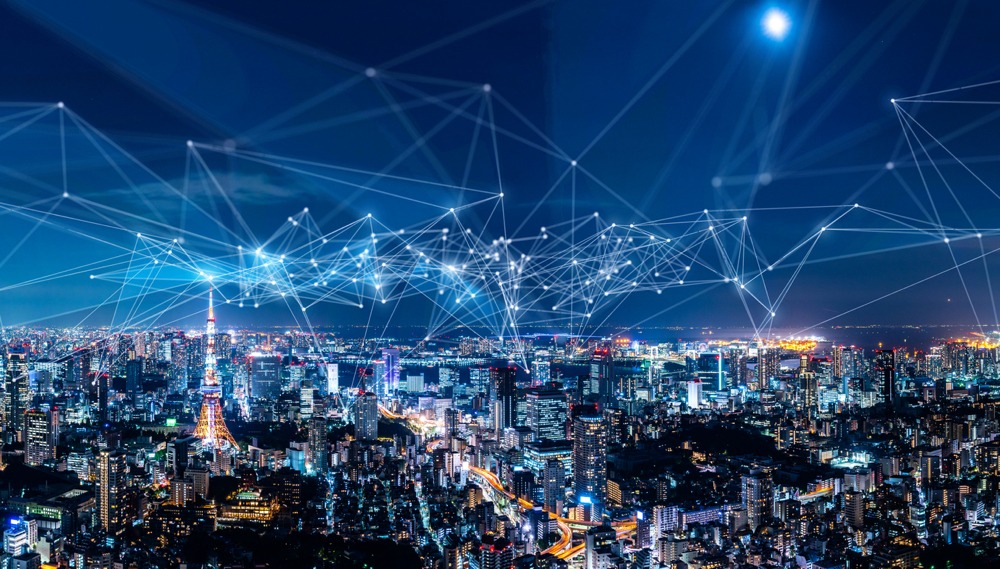The concept of smart cities is reshaping urban landscapes across the globe, and the integration of Internet of Things (IoT) and Artificial Intelligence (AI) plays a pivotal role in this transformation. In this expert article, we will delve into the evolution of smart cities, the fusion of IoT and AI technologies, and their far-reaching impact on urban living.
The Smart City Vision
Smart cities aim to harness technology to improve the quality of life for their residents, enhance sustainability, and optimize resource allocation. These cities leverage data and connectivity to make informed decisions and provide better services.
The Role of IoT
IoT devices, embedded in the urban environment, collect and transmit data on various parameters such as traffic flow, air quality, energy consumption, and waste management. This real-time data is the lifeblood of smart cities.
AI for Data Analysis
AI algorithms process the vast amounts of data generated by IoT devices, extracting meaningful insights and enabling predictive analytics. This data-driven approach helps city administrators make informed decisions and respond proactively to urban challenges.
Traffic Management
IoT sensors and AI-driven traffic management systems optimize traffic flow, reduce congestion, and enhance road safety. These systems adapt in real-time to changing traffic conditions, reducing commute times and carbon emissions.
Environmental Sustainability
Smart cities prioritize sustainability through IoT-enabled initiatives. AI algorithms analyze data on energy consumption, waste management, and environmental conditions, enabling more efficient resource allocation and pollution control.
Healthcare and Public Safety
IoT-enabled healthcare devices and AI-driven predictive analytics enhance public safety and healthcare services. Smart cities can respond faster to emergencies, allocate resources efficiently, and provide better healthcare access to residents.
Smart Infrastructure
The integration of IoT and AI extends to infrastructure management. Smart street lighting, waste bins, and water management systems improve resource efficiency and reduce operational costs.
Challenges and Privacy Concerns
While the benefits of smart cities are compelling, they also raise challenges related to data privacy, security, and ethical considerations. Balancing technological advancements with citizens’ rights and safety is a key challenge for city planners.
The Future of Smart Cities
The future of smart cities holds promise for further innovation. As technology continues to evolve, smart cities will likely see the emergence of autonomous vehicles, 5G connectivity, and even more advanced AI-driven services.
Conclusion: Urban Evolution
The integration of IoT and AI is reshaping cities into smarter, more efficient, and sustainable urban environments. By leveraging data and technology, smart cities are not only improving the quality of life for their residents but also paving the way for a more connected and sustainable future.

